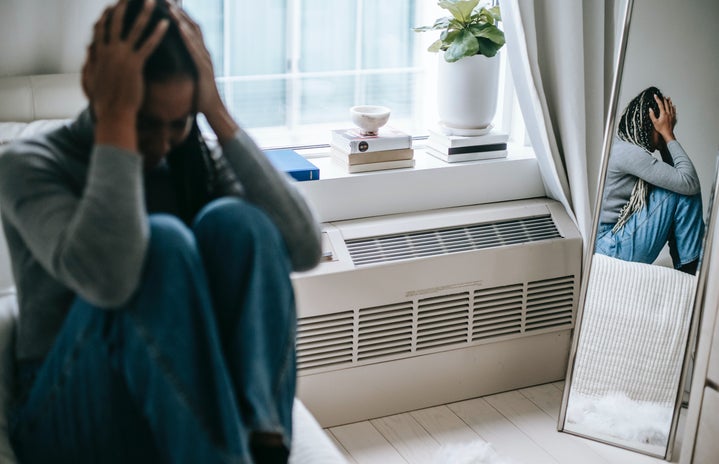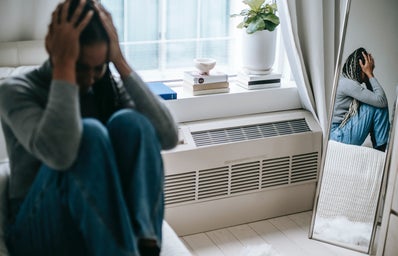Born in 2003, I grew up watching Wizards of Waverly Place, Hannah Montana, iCarly, Victorious, Good Luck Charlie, and Liv and Maddie. Unbeknownst to me, my young mind was soon to succumb to comparison, body shaming, and the crushing pressure of living up to society’s beauty standards targeting women.
As I reflect on my childhood and what I was exposed to, I can’t help but notice a trend. Characters like Harper from Wizards of Waverly Place were considered the “goofy, fatter” friend. Harper had a completely normal, natural figure and charming personality. Main characters played by untouchable, unrealistically beautiful Miley Cyrus, Dove Cameron, and Selena Gomez were the redeemable ones – who we all wanted to be.
Who doesn’t want to be the main character?
Don’t get me wrong, I love Selena, Miley, and Dove. They’re each great role models that women like myself are lucky to have grown up with.
Selena and Miley have both spoken out about unattainable beauty standards set for them, and ones they feel they implicated onto other people – like me.
“…I get stuck on Instagram wondering, ‘Why don’t I look like that?’ It’s a total bummer. It’s crazy what people have decided we’re all supposed to be.”
– Miley Cyrus, 2015
Miley even mentions her dismay when seeing her photos retouched by Disney back in her Hannah Montana days – “I was made to look like someone that I wasn’t.”
The girls we all so desperately wanted to be weren’t even real.
“From the time I can remember, I’ve always felt like I had to be perfect or look a certain way.”
– Selena Gomez, 2022
Selena goes on to discuss how she’s moved on from these fantastical, illusory, idealized appearances women were set to attain and maintain – “Self-confidence is still something I work on daily, but when I stopped trying to conform to society’s unrealistic standards of beauty, my perspective entirely shifted.”
I find myself attempting to take Selena’s advice, but then there I am, in a nightmarish social media scrolling-and-comparing marathon.
Why isn’t my skin that clear?
Why isn’t my stomach that flat?
How can I pose to make my stomach look like her’s?
What can I eat, or not eat, to make myself look like her?
I hate my arms.
I hate my stomach.
I hate my body.
I hate myself.
While I believe media and television have come a long way since the 90s and early 2000s regarding representation, diversity, inclusion, and loosening the reins of maintaining delusional beauty standards, we have not escaped.
Social media has taken on that devilish, manipulative role instead.
As social media’s rise uproared in my middle school years, I found myself counting calories incessantly and monitoring my weight like society demanded I did – at just 13 years old.
While high school did not get much better, as I have entered my early 20s, worn out from carrying the weight of comparison, I finally aim to make an effort to practice self-compassion and monitor what I consume from the media.
While I make a conscious attempt to replace negative thoughts my mind screams at me whenever I pass the mirror, I know I still have a lot of work to do – for myself and for all women.
For the sake of the next generation I hope we as a society, and women especially, can make a paramount undertaking in dismantling these outlandish and absurd beauty standards that we have been prey to for so long.


